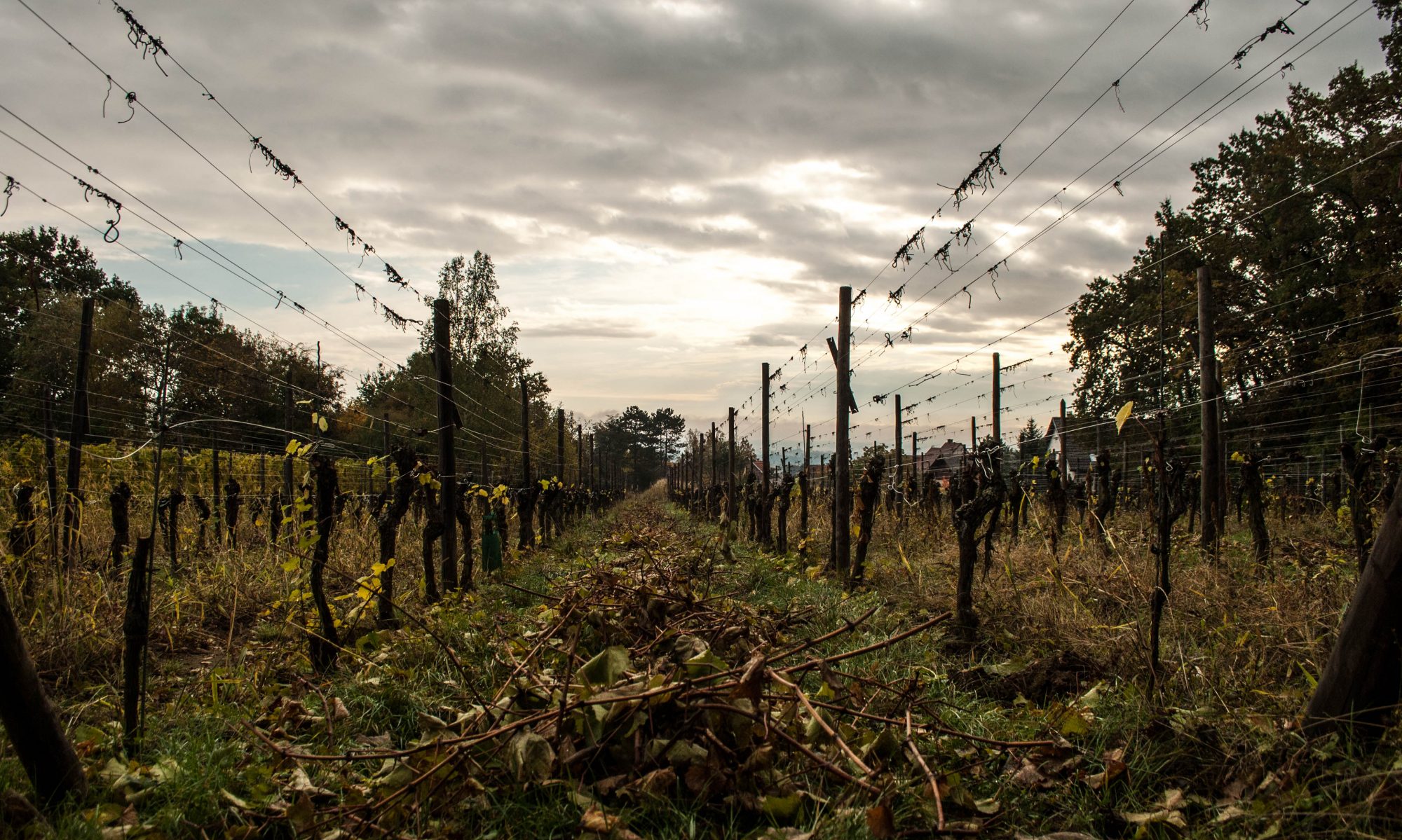Eu state members and MEPs calls for an urgent change. A strong message was given to the commission, to increase EU grown protein to further reduce the dependence of soya import from developing countries

Climate Change, Agriculture and Food Security
Eu state members and MEPs calls for an urgent change. A strong message was given to the commission, to increase EU grown protein to further reduce the dependence of soya import from developing countries
“Once upon a time, there was a farmer on the Swabian Alb, a mountain region in south-west Germany, who was enjoying farming but he felt that something was missing. One day, the farmer and his family had lentils, the regional “national dish”, for lunch. Suddenly he wondered why these lentils were not produced in his region or at least in Germany any longer, as this was usual all the centuries before. The lentils were rather imported from far away countries like China or Canada. What was going wrong? Curious, innovative and passionate as he was, the farmer re-started lentil growing on his own fields. In the following years, he managed to recover and to rescue two traditional local lentil varieties which survived in a gene bank in St. Petersburg and started to grow and to sell the seeds with good success. In the meanwhile, an organic producer association was founded, which has about 90 members today. The spark leaped over to conventional farmers in the region and all over the Land. The End”
see full in following link: https://www.true-project.eu/2018/04/10/the-farmer-and-the-lentil/
My final post today, will be this link to a speech made by commissioner Phil Hogan on what should we look for in the European landscape of agriculture and rural communities.:
“As you may have understood from browsing over this website, looking at the beautiful range of colours from different legume pulses, and bits and pieces in my biography part, this research project focuses on innovative value chains for legumes. To do so, we are currently conducting a Life Cycle Assessment on a specific value chain.
Some may ask, what is a Life Cycle Assessment or LCA? Of all the definitions out there, I chose to use the one given from Anderson et al (1994): it’s a process of analysis and assessment for environmental loadings, burdens and effects caused by the production of a product, the process or service it renders throughout its lifespan i.e. “from a cradle to grave’, although more recent use of LCAs also focused on “cradle to cradle”, “cradle to gate” etc.
Originally, LCAs were first developed to assess the environmental loads of the industrial machinery, and its processes. In the 80’s however, a growing movement on having an ecological and sustainable approach to life, activated intense research to assess the burdens associated with our commodities and food systems. indeed, Food systems, led by agricultural processes comes with large impacts on the environment such as intensive use of land, heavy reliance on natural resources. Agriculture is not only relying on climate and biological processes, but also impacts them. Therefore, conducting LCAs, enables us to identify options and opportunities within a value a chain starting at a “cradle” point for improvement.”